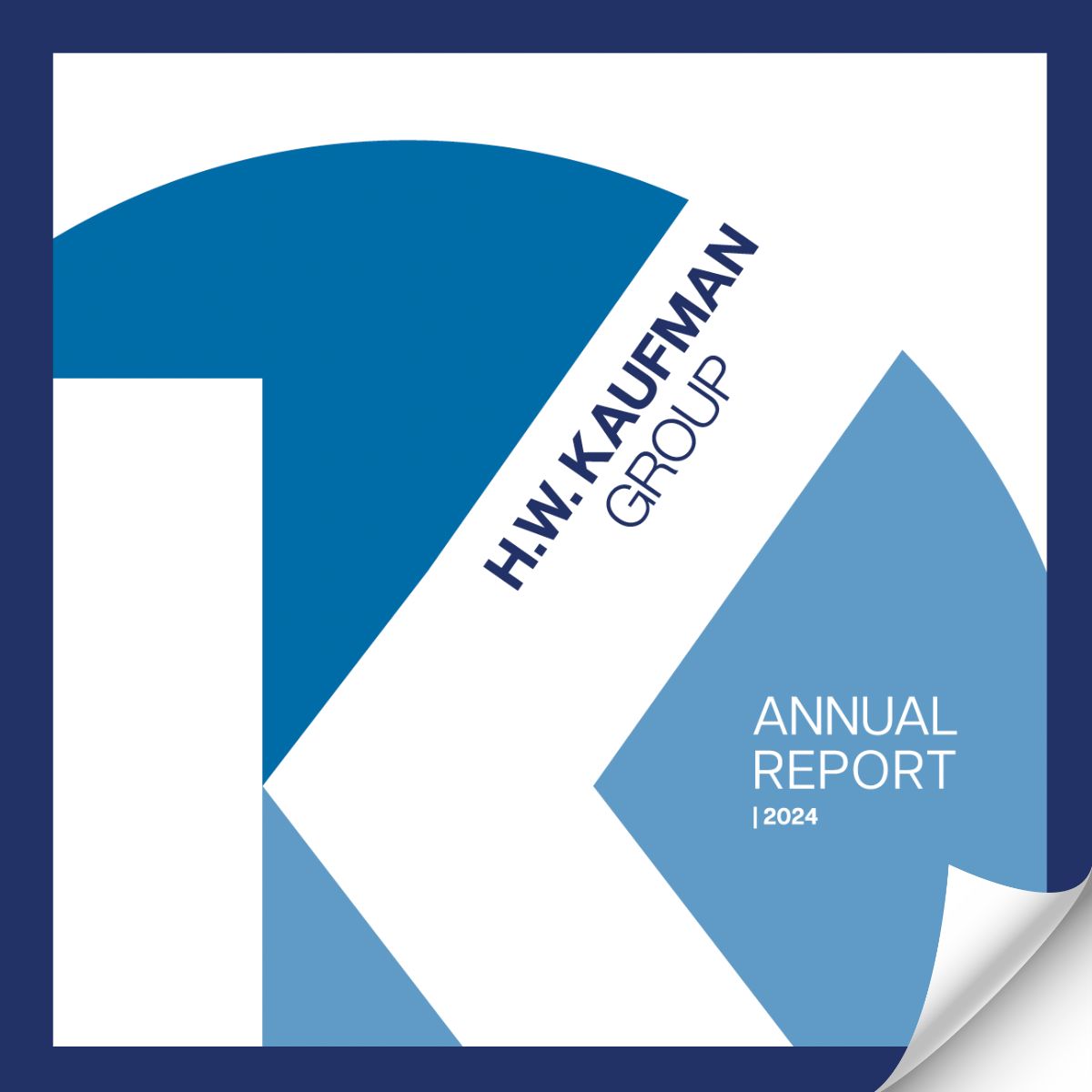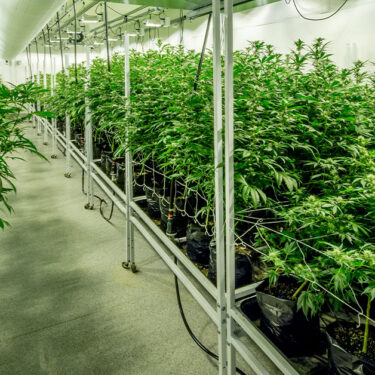The Detroit-based potato chip company Better Made is accusing several cannabis operators of trademark infringement, claiming in a recent lawsuit that marijuana products sold under the brand Better Smoke feature a logo that is too similar to the chipmaker’s and could confuse customers and harm the company’s reputation. According to an April 1 report from Crain’s Detroit Business, Better Made Snack Foods Inc. is suing cannabis processor IVP Holding LLC and several dispensaries across Michigan where the cannabis product is sold.
Featured Solutions
“Businesses need to be aware and confirm that they are not infringing on anything,” said Jason Scheurle, National Product Leader, Cannabis, Burns & Wilcox, based in Philadelphia, Pennsylvania. “That is not specific to cannabis, but it is prevalent in this industry.”
A cannabis company that is sued over trademark infringement in its products or advertising could have coverage under certain Cannabis Insurance policies, such as Commercial General Liability (CGL) Insurance or Cyber & Privacy Liability Insurance. Without insurance, the costs associated with this type of lawsuit could be significant, said Cooper O’Connor, Senior Broker, Burns & Wilcox Brokerage, Boston, Massachusetts.
“It could be in the millions,” he said. “When you are diluting a trademark or tarnishing a brand, it is essentially like reputational harm. There is also the stigma around cannabis, and the owner making this accusation could dislike cannabis. You are attaching someone’s brand to a product they may not like at all.”
Trademark infringement risks, costs
According to WDIV, the use of an existing brand’s logo in a satirical or humorous way is known as “trademark parody” and is common in the cannabis industry, with various types of marijuana flower, edibles, and other products currently on the market that are meant to look like familiar food items — although companies may disagree on whether a use classifies as parody, the news outlet noted.
In October of last year, a cannabis-themed clothing company stopped selling a parody sticker meant to look like an Old Bay spice jar after spice brand McCormick and Company accused the business of trademark infringement, WTOP reported. In 2020, the maker of Nerds candy sued a California cannabis company that was selling marijuana-infused “parodies” of the product; consumer confusion over the lookalike item also reportedly led to multiple children ingesting the candy, MJBizDaily reported at the time.
“We see it all the time, companies doing ‘spinoffs’ of things. That is not uncommon,” O’Connor said. When it comes to the recent trademark infringement allegations from Better Made, “I think [the cannabis companies] may lean heavily on the parody laws and try to use that as a defense.”
While cannabis companies may not face infringement claims more than other industries, the cannabis space could be more vulnerable because of “how new and rapidly changing the industry is,” Scheurle said.
“A lot of them are newer companies and they may be prime targets for these suits,” O’Connor added.
Trademark infringement concerns appear to be less prevalent among cannabis companies in Canada, where federal laws outline how products can be packaged and advertised, said Leena Malik, Senior Underwriter, Commercial Insurance, Burns & Wilcox, Toronto, Ontario. In June of 2021, the Canadian Federal Court ruled in favor of Subway after the chain accused “Budway, Cannabis & Wellness Store” of infringing its trademark rights with its use of a similar logo and submarine-sandwich mascot, according to Mason PC Trademarks.
“In Canada, we have very strict regulations with regard to cannabis advertising and packaging. It is not to be geared toward minors and is typically black packaging with warning labels and no graphics,” Malik explained. “All of our products are regulated and purchased through the government, so it is not something we really see come up.”
Insurance could cover infringement claims
According to the American Marketing Association, over 3,000 trademark infringement lawsuits are filed per year in U.S. district courts, and cases that go to trial can cost between $375,000 to $2 million. The legal process often takes a year or longer, Thomson Reuters reported.
For many cannabis companies, defending against trademark infringement allegations would not be possible without insurance. “If you are drug into one of these intellectual property litigations and you do not have insurance coverage in place, that is going to be an unexpected bill that many of these businesses have not budgeted for and may or may not be able to absorb,” Scheurle said.

If you are drug into one of these intellectual property litigations and you do not have insurance coverage in place, that is going to be an unexpected bill that many of these businesses have not budgeted for and may or may not be able to absorb.
Under a cannabis company’s CGL Insurance, a line of coverage known as personal and advertising injury could “more than likely” provide coverage for these types of claims, he said. In some situations, Cyber & Privacy Liability Insurance could be also triggered, O’Connor said, in the event the allegation was related to product advertising rather than packaging, O’Connor said.
However, Scheurle said, “if it is determined that it was a malicious move, there is probably going to be no coverage.”
Intellectual Property (IP) Insurance is another option, providing coverage for issues such as patent infringement, trademark violations and more. “IP Insurance is still very, very new and not even widely available,” Scheurle explained, noting that “knowledge and education” regarding these insurance policies is still lacking. “Buyers are not always fully aware of their availability or the solutions they provide. If you are creating products and designing custom labels and logos, you have an IP exposure, period. I do not know whether that is something at the forefront of a business owner’s mind.”
Until IP Insurance becomes more available, it is important for cannabis business owners to discuss their options with an experienced insurance broker and ask questions about what types of trademark infringement claims could be covered. “Right now, there is really not a good solution other than just vetting your products against what is out there,” O’Connor said.
Given that trademark infringement is “not a huge exposure” for cannabis companies in Canada, “we are not seeing insureds seeking that sort of coverage in full policy limits,” Malik said.
To help avoid these claims, cannabis business owners are encouraged to consider outside marketing firms or branding agencies for logos and advertising campaigns, O’Connor advised. “An outside company is going to do the searches for everything and make sure they are not infringing on others’ intellectual property,” he said.
Educating staff about intellectual property is also recommended, Scheurle said. “A good solid education on intellectual property can help everyone understand the concept and how it applies,” he said. “Obviously, [companies should] develop original work, go through the proper licensing process, and have good, solid quality control procedures.”
Fire, theft among other pressing issues for industry
In the U.S., trademark claims against cannabis companies “have kind of died down from where it was,” O’Connor said, pointing out that companies not utilizing candy or other items that interest children as a basis for packaging have helped lower claims. Other risks continue to grow in the cannabis industry, however, including crime. In Western Washington state, burglaries at cannabis stores were on the rise as of March and were happening as frequently as one burglary per week, KIRO 7 News reported.

Risk mitigation is always what we like to see from insureds and something that should be of utmost priority.
“One big thing right now is crime,” O’Connor said. “These are heavy cash businesses, and their products are generally smaller and worth more money. Crime Insurance can pick up employee theft, actual break-ins and robberies, lost product during transit, and more.”
Directors & Officers (D&O) Insurance is also important for cannabis companies, particularly those with outside investors, along with Commercial Property Insurance, Scheurle said. Earlier this month, fire officials in Baltimore responded to a one-alarm fire at a cannabis warehouse; no injuries were reported, and the fire was extinguished, CBS News reported.
In that type of incident, losses beyond the physical damage to the building could include “lost equipment, lost stock, and lost product,” Scheurle said.
According to Malik, all of these exposures can be reduced with “risk mitigation and having proper systems in place,” including a sprinkler system and monitored alarms.
“All of those things are what we look for in a risk before we go to underwrite them,” she said. “Without those in place, it is really difficult to manage the risk of fire. Risk mitigation is always what we like to see from insureds and something that should be of utmost priority.”





